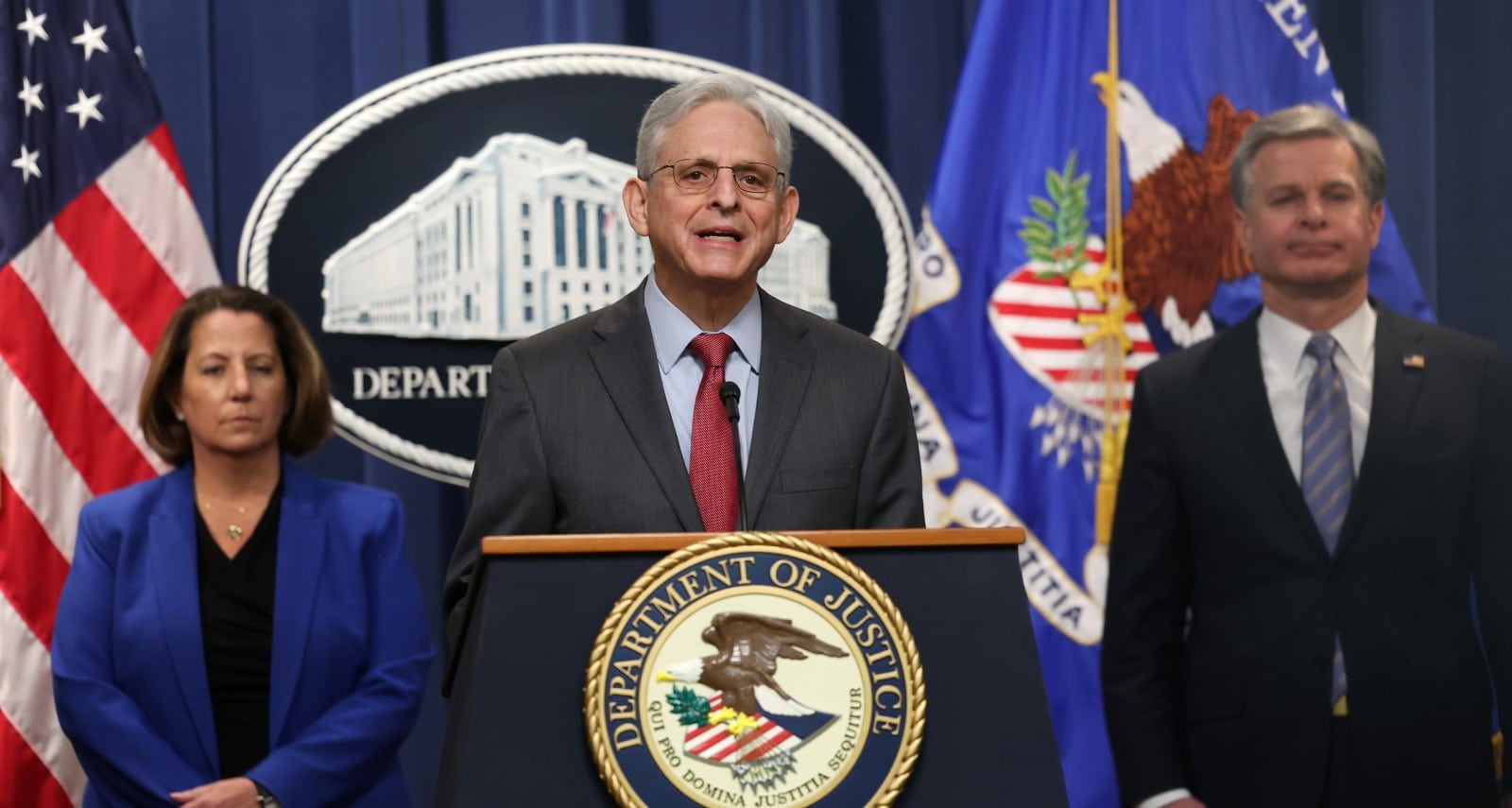OPINION: This article may contain commentary which reflects the author's opinion.
Dozens of public housing employees in New York City are facing charges of bribery and extortion after the Justice Department made the single largest number of such arrests last week.
According to The New York Times, federal prosecutors in Manhattan have charged 70 current and former employees of the New York City Housing Authority (NYCHA) with accepting cash bribes from contractors in exchange for Housing Authority contracts.
Prosecutors allege that the suspects accepted over $2 million in bribes from contractors seeking to secure contracts for nearly 100 buildings under the Housing Authority across all five boroughs. The contracts amounted to over $13 million in work, with the suspects typically receiving kickbacks of 10% to 20%, and sometimes more, according to prosecutors, the Times reported.
“This culture of corruption at NYCHA ends today,” Damian Williams, the U.S. attorney for the Southern District of New York, said during a press conference Tuesday morning, calling it a “classic pay to play” scheme.
A significant portion of the corruption within the Housing Authority pertained to smaller contracts, such as window or plumbing repairs, which initially went unnoticed. City contracts valued at less than $10,000 can be awarded by local development managers without the need for public bidding, making them susceptible to exploitation, the report said.
Lisa Bova-Hiatt, NYCHA’s chief executive, said the suspects “put their greed first and violated the trust of our residents, their fellow NYCHA colleagues, and all New Yorkers.”
“We will not allow bad actors to disrupt or undermine our achievements,” she added.
Meanwhile, the city’s Housing Authority, responsible for housing over half a million New Yorkers across more than 2,400 buildings, faces a myriad of other issues.
Critics have denounced the agency for maintaining aging buildings plagued by issues like rodent infestations, leaky pipes, and malfunctioning elevators. Additionally, the Housing Authority grapples with a backlog of hundreds of thousands of people on its housing waiting list. The properties currently require approximately $78 billion in repairs.
At the same time, individuals are paying less rent to the agency than ever before. In 2022, the Housing Authority collected a record-low 65% of the rent it charged.
As the largest housing authority in the country, the agency receives over $1.5 billion in federal funding.
Mayor Eric Adams, a Democrat, has underscored the importance of affordable housing, announcing last fall an ambitious goal of constructing 100,000 new homes to address the city’s severe housing shortage.
Earlier this month, a New York Supreme Court justice shut down felony charges filed by Manhattan District Attorney Alvin Bragg against two people who bought phony COVID-19 vaccination cards.
Bragg had charged two individuals, identified only by their initials, J.O. and R.V., according to a New York Post report. They were accused of purchasing fake vaccine cards from a stripper in New Jersey named Jasmine Clifford, allegedly in an attempt to circumvent New York City’s vaccine mandate. The Manhattan DA selected 16 individuals out of approximately 100 who were believed to have obtained fake vaccine cards from the same stripper, charging them all with felony criminal possession of a forged instrument.
Out of the 16 individuals initially charged, 14 chose to plead guilty to lesser charges. However, J.O. and R.V. decided to seek the dismissal of their cases. Bragg fought their efforts, leading to the case being transferred to Lantry’s jurisdiction.
But Supreme Court Justice Brandon T. Lantry pushed back, noting that the Manhattan DA’s office under Bragg’s leadership has “routinely — nearly daily — move[s] to dismiss significantly more serious counts or entire indictments.”
“These motions submitted [by Bragg and his prosecutors] are made months or even years after the 45-day period has expired to dismiss … sexual assaults, drug sales, robbery, burglary, and other violent and non-violent serious felony offenses,” Lantry wrote.
